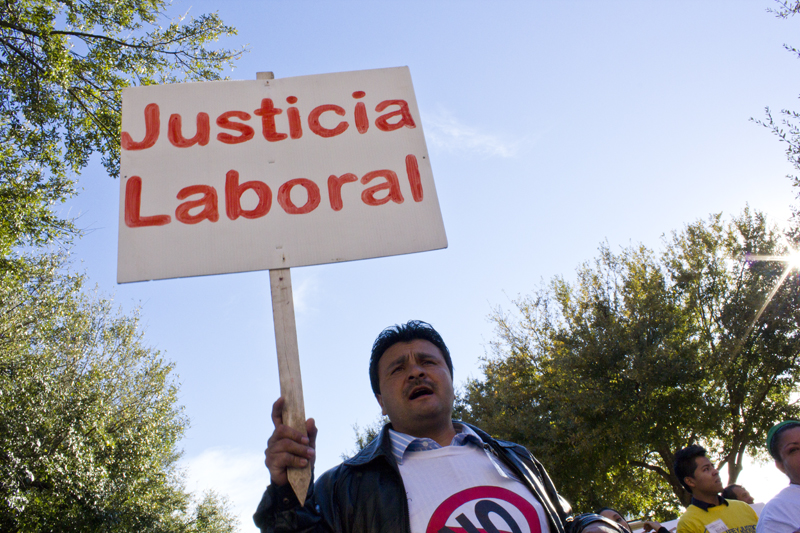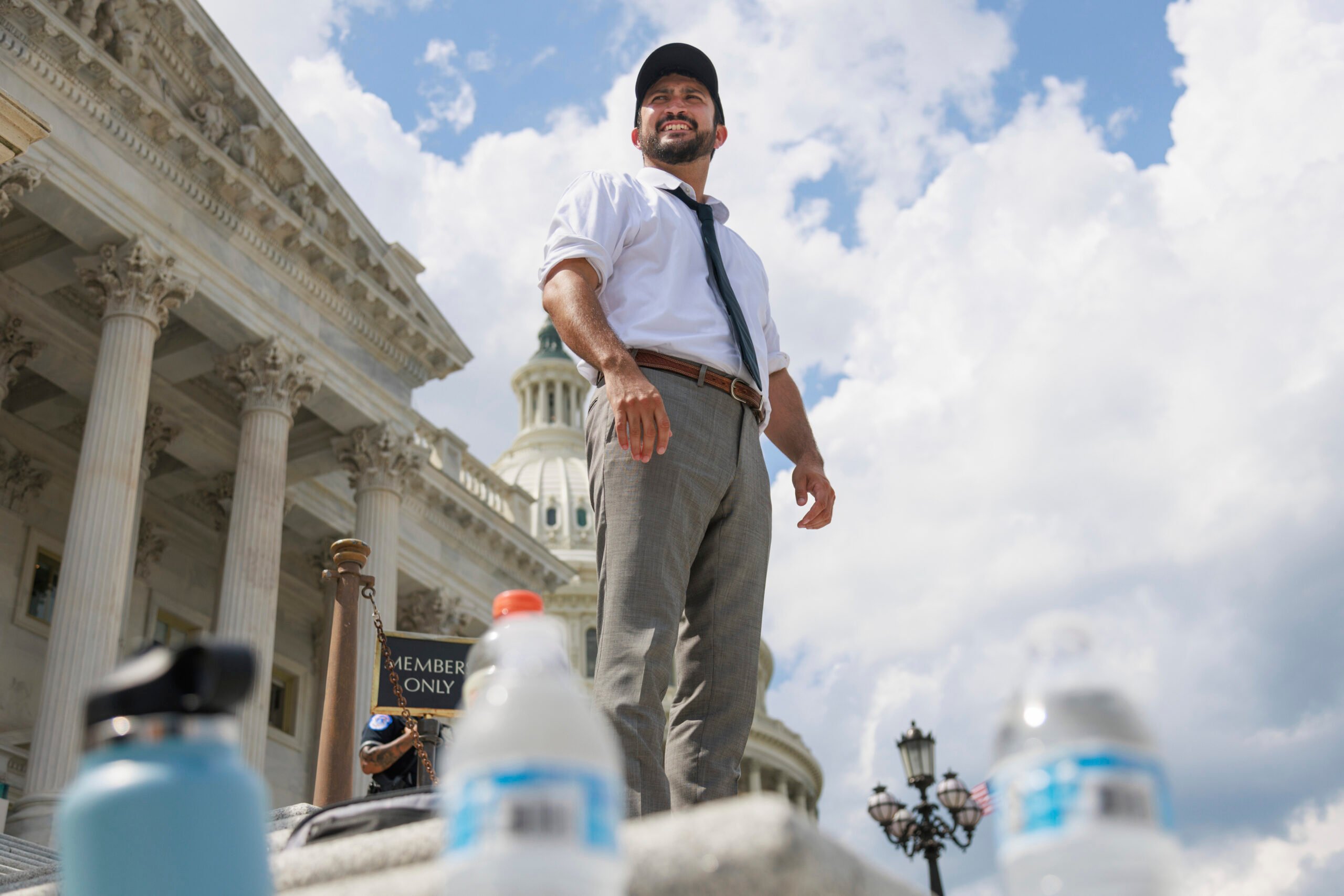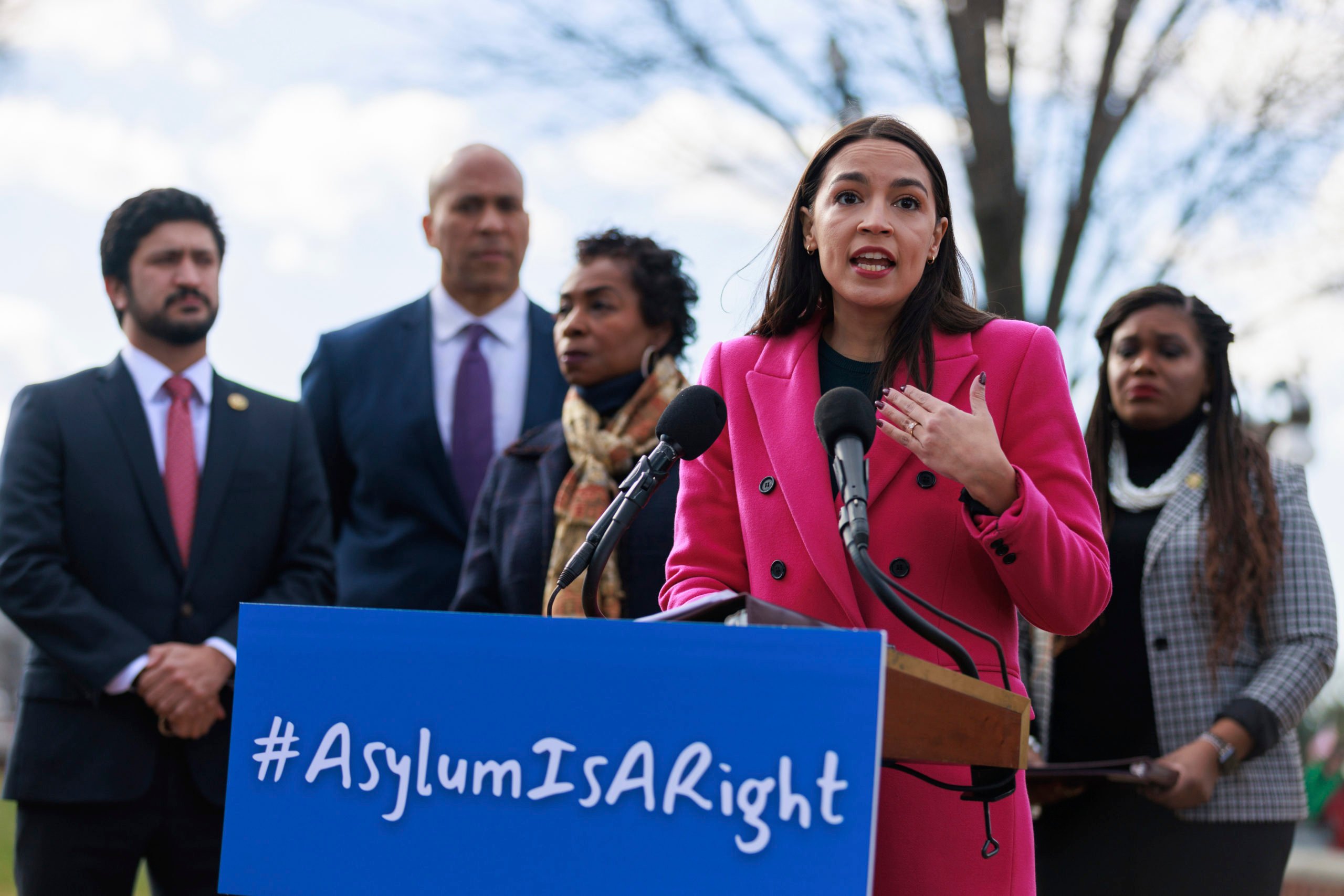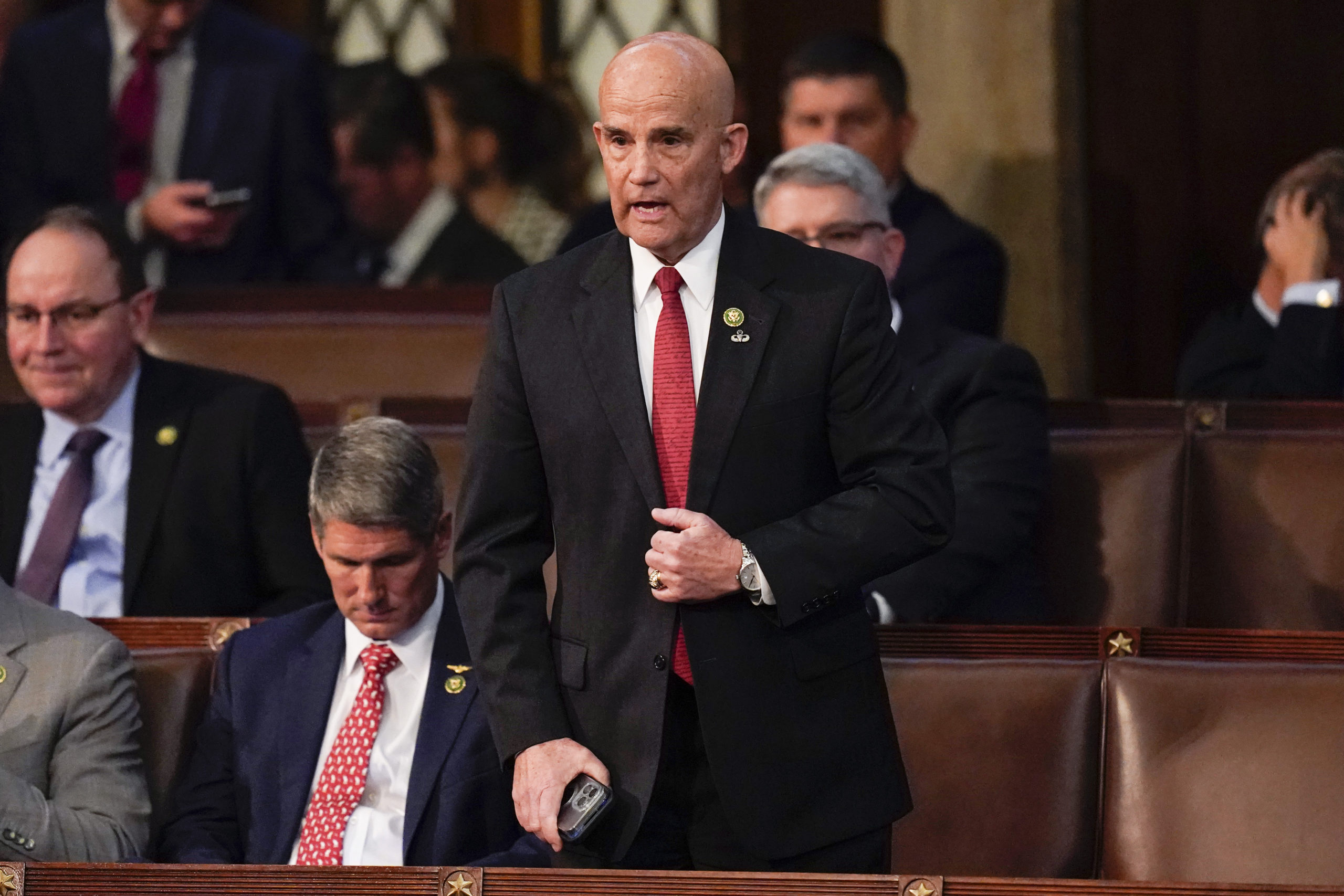
In Austin, Workers Score a Big Win

In the limestone plaza outside Austin’s City Hall last night, more than 200 orange-clad workers and supporters rallied with signs and banners while rush-hour traffic stopped and started. One worker paced back and forth, rehearsing the statement he’d deliver to the Austin City Council hours later.
Led by the Workers Defense Project, Austin Interfaith, various unions and other organizations, the workers were there to tell the council to stop giving companies tax breaks unless those companies start protecting workers and paying a fair wage. It was the culmination of five years of work for labor groups in the city, and it paid off. At the end of the night, the City Council passed a resolution making Austin the first city to add comprehensive protections for workers into its corporate-incentive program.
Part of the so-called Texas Model is using generous financial incentives, such as tax breaks, to woo corporations from other states. The city of Austin is hardly immune, doling out millions in incentive deals to companies like Visa and Apple and to developers building large projects like the JW Marriott downtown. While these companies receive millions of taxpayer dollars over a period of years, they continue to pay the people constructing their buildings less than a living wage, and fail to offer basic safety training and workers’ compensation.
The workers demanded the city not give companies looking to build in Austin economic incentives unless they agree to certain conditions during construction: adopt a living wage floor (currently $11 per hour), pay a prevailing wage that would provide a ladder up from a living wage as workers get training and experience, obtain workers’ comp insurance, hire hard-to-employ workers, and offer basic safety training.
The incentives discussion started at 7 p.m. and ran past 11:30, mostly because of the number of speakers. People delivered statements for nearly three hours, after which the council finally started discussing the resolution. Councilman Mike Martinez sponsored the resolution to change the incentives program.
“Yesterday what passed is landmark legislation that should be a model for the rest of our state to follow,” said Greg Casar, Workers Defense Project’s political director, ”because Texas by far gives more tax incentives [than other states] in the country, while the working people that build Texas aren’t allowed to make enough money to make ends meet and aren’t allowed a safe work site.” He added that Texas, already the deadliest state for construction workers, saw an increase in deaths this year. “The city took a critical and historic step last night to make sure that our tax dollars are really benefitting all of Austin and all the people who are paying taxes rather than just the corporations receiving the tax breaks.”
Over the past few years, Workers Defense Project has successfully lobbied to have companies receiving tax incentives adopt basic worker protections and pay fair wages. But because the conditions weren’t part of the city’s official incentives program, it was easy for companies to wiggle out of providing the protections.
Requiring companies to pay a prevailing wage was by far the most contentious point in the resolution and dominated much of the discussion last night. The business representatives speaking against the resolution were on board with safety training and workers’ comp, but they blasted the prevailing wage requirement as a job killer. Mayor Lee Leffingwell said he shared the concern and opted to make prevailing wage a “bonus” condition a company could adopt to get extra incentives, rather than making it a requirement.
“I don’t know how many jobs this will cost,” Leffingwell said. “Great opportunities would be lost if this is passed without this specific change. The folks in this room will be worse off because they won’t have a job at all.” There was a barely discernable collective grumble at that point, and workers around the room shook their heads incredulously.
For a while it seemed like most council members might agree with Leffingwell and nix the prevailing wage requirement. Then Councilman Chris Riley proposed making the prevailing wage condition something companies can apply to be exempt from, and the council can decide whether to grant them an incentive if they meet other requirements. That amendment passed.
Martinez’s resolution finally passed 6-1, with Leffingwell voting against. A smaller version of the crowd that had filled the City Hall lobby hours earlier erupted into applause, chants and cheers.
The council’s vote represented another victory for the innovative model of labor organizing practiced, and polished, by the Workers Defense Project. Texas has never been a union stronghold, and some of the toughest, lowest-paid work is done by undocumented immigrants. But Workers Defense has found non-traditional ways—through protest, public shaming and working with local officials—to extract better wages and conditions for its members.
“What this really means is construction workers, and these organizations in the city and state are starting to advocate for themselves and that we do collectively have the power to negotiate for a better deal at work,” Casar said. “That’s something that we’ve seen fading away in Texas for decades and we hope this is a sign that we’re headed in the right direction.”


